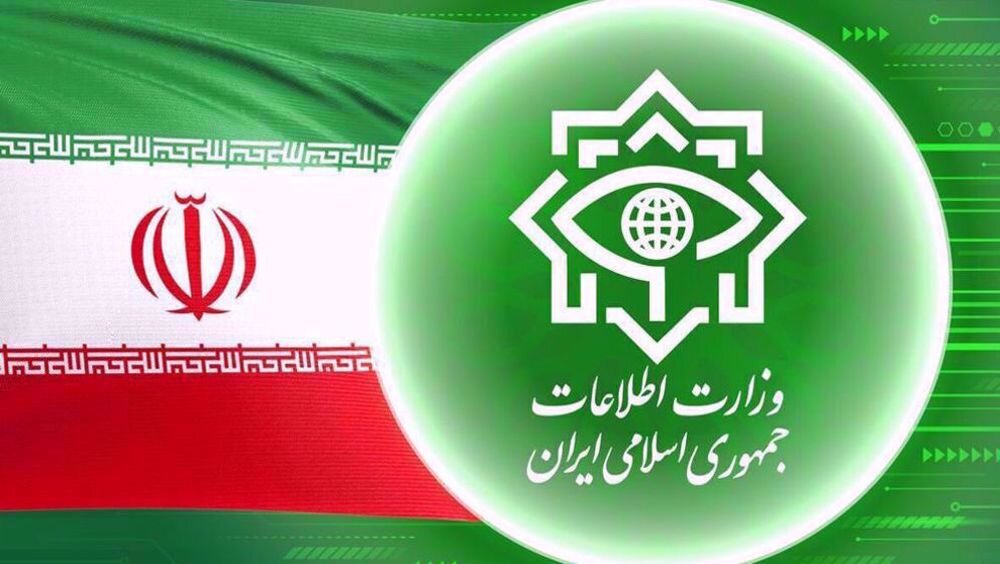Iran detains Bahai network members on drug corruption charges

TEHRAN- Iranian security forces have apprehended nine Bahai family members on a variety of charges, including drug-related activities, the Intelligence Ministry said in a statement on Sunday.
In its statement, the ministry asserted 40 pharmacies and warehouses were also confiscated.
Based on the statement, one Bahai family in Tehran was discovered to “overtly and covertly” possess “20 pharmacies, three cosmetic companies, and multiple unauthorized warehouses.”
The ministry went on to add that the family has engaged in various kinds of violations and crimes, including smuggling and hoarding medicine, fraud, money laundering through sophisticated methods, and tax evasion.
According to the statement, evidence also suggests that specific sects and foreign agents could have been involved in the case.
It was also said that the network collaborated with a number of unscrupulous physicians who overprescribed drugs to patients or advised them to obtain prescriptions from certain pharmacies.
The ministry noted that Iranian forces have discovered 20 underground warehouses belonging to the family, where smuggled and hoarded pharmaceuticals, as well as other hygiene and cosmetic items, have been stashed.
On July 25, the intelligence organization of the Islamic Revolution Guards Corps (IRGC) and the Ministry of Intelligence issued a joint statement announcing the detention of a group of Bahai individuals accused of espionage in the northern province of Gilan.
The statement said the accused had direct or indirect organizational contact with the Bayt Al Adl (House of Justice), which is located in the occupied territories of Palestine.
“They undertook the strategic mission of reviving the organization of the false Bahai sect in Gilan Province under the title of ‘aggressive’ propaganda line and targeted collection of information,” the joint statement said of the accused.
It also said the detained members of the Bahai community were tasked with disseminating the teachings of the Bahai sect through infiltration into art and media institutions.
